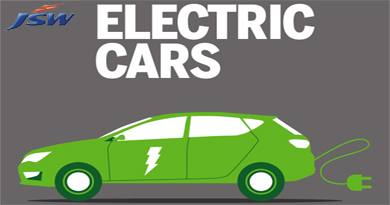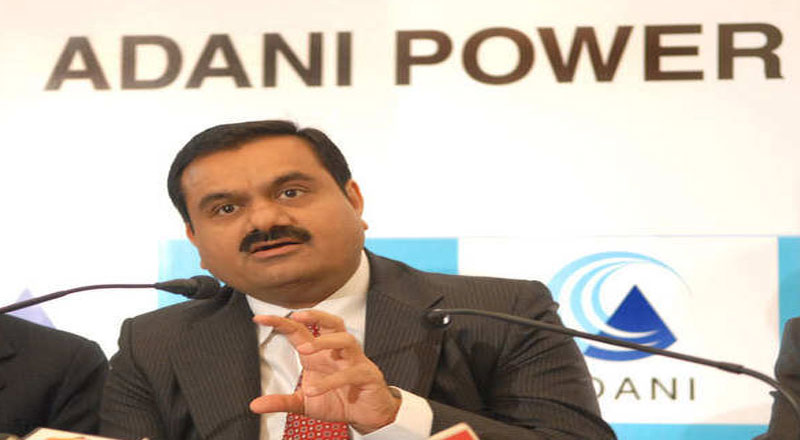Conventional cars will be phased out by the 2030 and will be replaced by green vehicle – the electric car in India. Electric car uses alternate fuel electricity instead of petrol or diesel. India will jump from Bharat State (BS) IV emission norms to BS VI by 2020.
Sajjan Jindal, Chairman and Managing Director, JSW Group said that JSW Group is planning to invest Rs 3000 to establish electric vehicle manufacturing venture in the country. “I think this is a great opportunity for us. We will launch high-end cars and will follow up with other models. We will invest around Rs 3000 in the venture, which will start rolling out cars by 2020.”
Mahindra and Mahindra Ltd, the largest seller of electric cars in India, in May 2017 said that it has plans to invest directly or through its subsidiaries “in high-end electric powertrain technology as part of its plan for the future of mobility; and electrification of some of its existing and future products”.
State-run power giant NTPC has also entered into the new business segment of setting up charging stations for electric vehicles (EVs) and has installed first such points at its offices in Delhi and Noida. The objective in setting up EV charging points is to be part of promoting clean energy transportation.
Hinduja Group flagship Ashok Leyland has adopted a growth strategy for developing its electric vehicle business and significantly ramping up production in this regard. Last year Ashok Leyland introduced the first Made in India electric bus Circuit.
India Govt. wants to have 60 lakh electric and hybrid vehicles on the roads by the 2020 under the National Electric Mobility Mission Plan 2020 and Faster Adoption and Manufacturing of (Hybrid &) Electric Vehicles in India (FAME India Scheme).
On March 27, this year Union Minister of State (IC) for Power, Coal, New and Renewable Energy and Mines, Piyush Goyal, while addressing ‘World Conference on Environment 2017’ said, “Talking about Prime Minister Narendra Modi’s vision for converting all vehicles in India to electric vehicles, Shri Goyal informed that the Prime Minister has directed a group of senior Ministers to lead the initiative and make sure that by 2030 most, if not all, vehicles in India are powered by electricity.”
The Minister has said that this conversion of traditional vehicles to electrical vehicles has a potential to save fossil fuels worth about $100 bn annually and prevent the dependence on imported petroleum products and reduce the pollution in cities by 80-90%.





